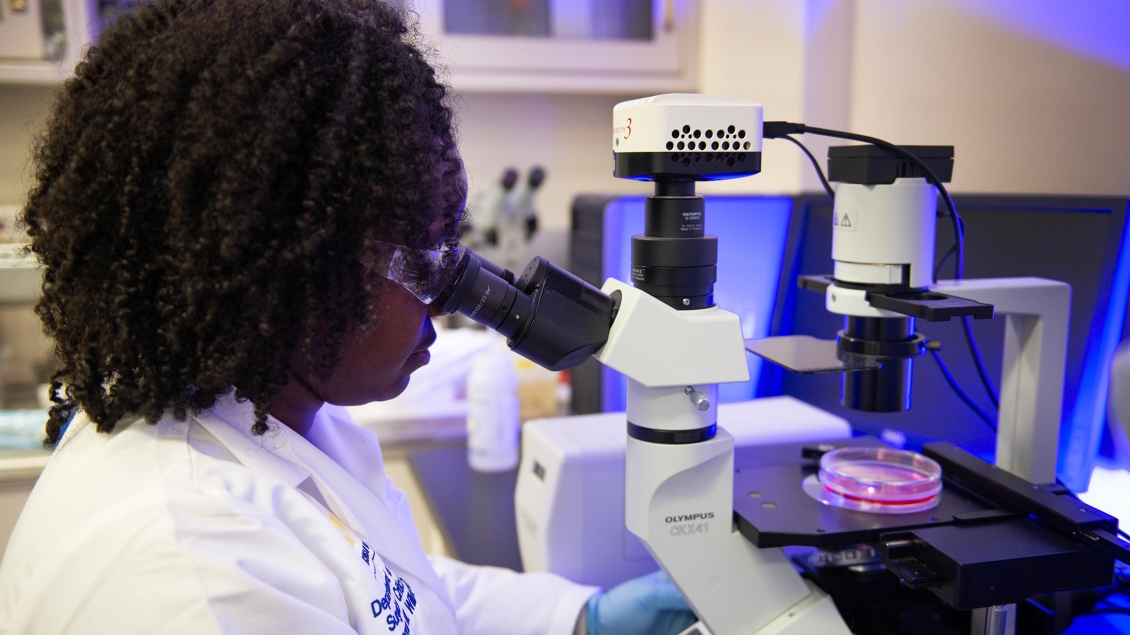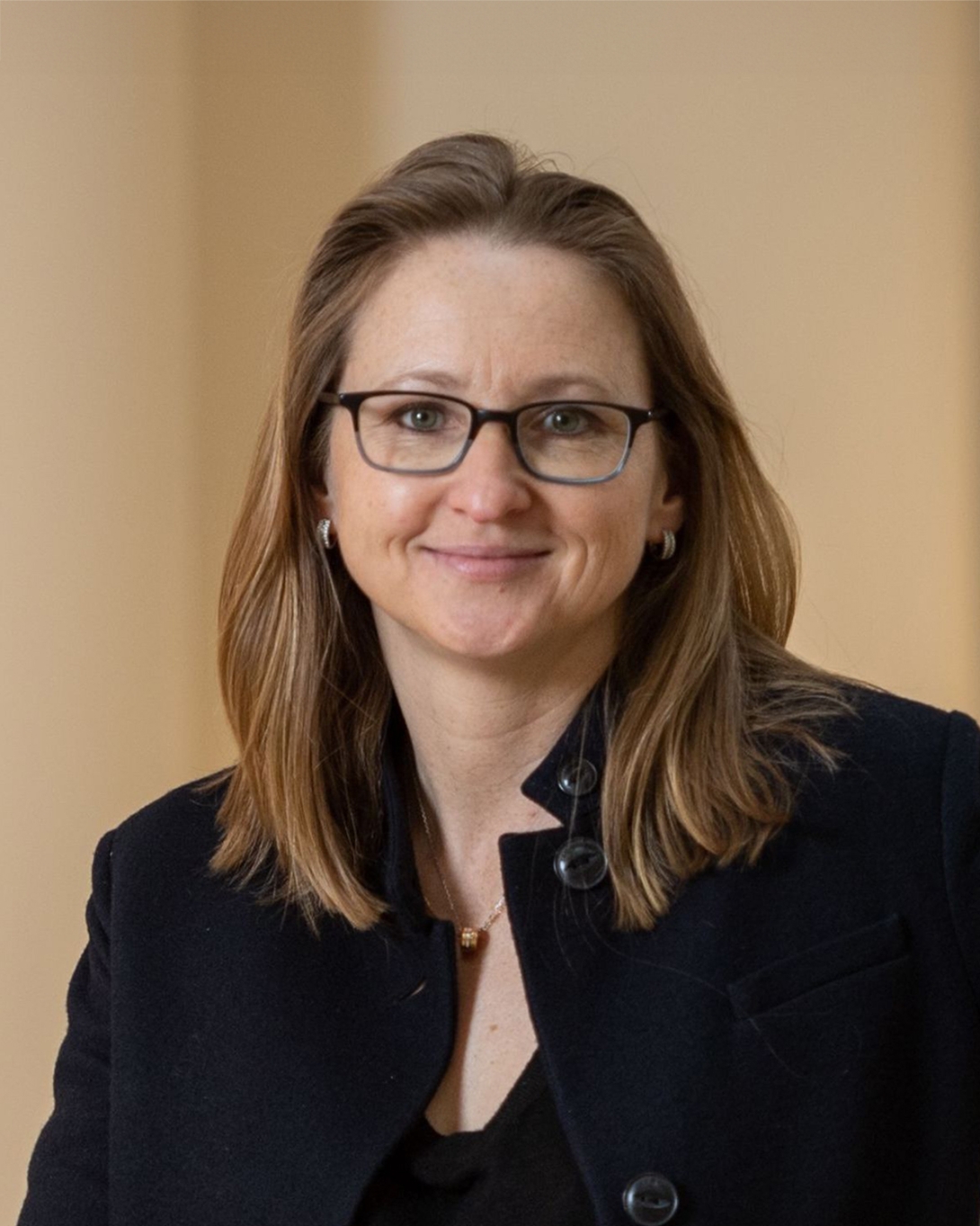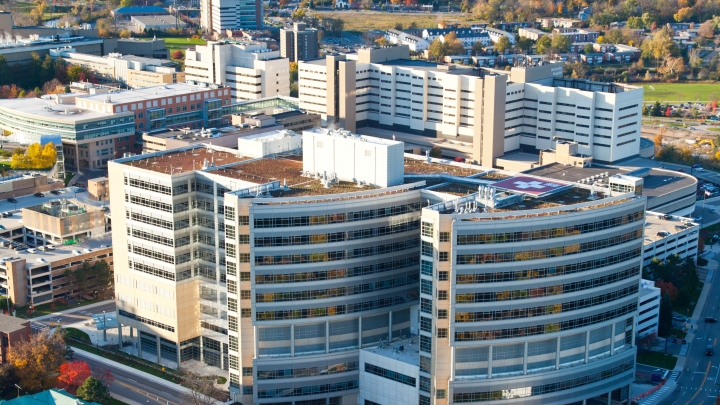
The Pediatric Surgery Research Fellowship is a 1-year, non-ACGME accredited program that provides fellows with the tools and focused time to expand their independence as a clinical researcher while learning methods to help change the way children’s healthcare is structured, delivered, financed, and received.
The U-M Medical School Pediatric Surgery Research Fellowship is designed for trainees who are interested in pursuing a career in academic surgery. Research fellows focus on health care outcomes analysis, database analysis, quality improvement, cost effectiveness of care, and clinical trials for pediatric surgical conditions.
Fellows are encouraged to initiate and lead independent research efforts that will be supported by the group. Current outcomes research projects relate to a variety of disease processes, including spontaneous pneumothorax and pneumomediastinum, appendicitis, thyroid disease, small bowel obstructions, inflammatory bowel disease, oncology, pectus and biliary atresia. We also provide fellows with a clinical outcomes assessment or basic science opportunity to be involved in extracorporeal life support (ECLS/ECMO) research.
The U-M Medical School Department of Surgery Section of Pediatric Surgery trains the future leaders of surgery.
Our non-ACGME fellowships applications are managed internally. Please submit the Non-ACGME Pediatric Surgery Fellowship Application form to apply.
Fellows work closely with the program director in addition to collaborating with other pediatric surgery faculty members to develop their research interests. Fellows help coordinate multi-center studies (predominantly through our participation in the Midwest Pediatric Surgery Consortium), complete multiple research publications (with the goal of 5 first author manuscripts per year), and present at meetings nationally (i.e., American Pediatric Surgical Association, American Academy of Pediatrics, American College of Surgeons, Academic Surgical Congress) and regionally (i.e., Michigan Chapter for the American College of Surgeons, Moses Gunn Research Conference, Michigan Trauma Coalition). Formal training courses are available at the University of Michigan through Consulting for Statistics, Computing, & Analytics Research and the Institute for Healthcare Policy & Innovation, including biostatistics, survey design, clinical trials or quality improvement. Biostatisticians are available to collaborate on projects, and fellows have developed expertise with statistics through their own independent learning during the course of the fellowship.
A weekly section-wide research conference is held where faculty and fellows alike present their ideas, works in progress, challenges, and successes. Fellows also participate in the weekly case conference and didactic educational conferences in the Section of Pediatric Surgery to maximize their exposure to all faculty and increase their knowledge of pediatric surgery fundamentals. Fellows are closely mentored by Pediatric Surgery faculty members on their projects and have opportunities to present their work locally for feedback prior to presenting outside of our group. It is very common to build collaborations with research fellows from several disciplines to complete clinical research projects. Many of these projects ultimately have led to independent funding from foundation, industry, private donor, university or government sources.
Current fellows are training to become future leaders in surgery. We emphasize teamwork, excellence, and leadership while preparing our fellows with resources to be successful in their careers.
Our research fellows are required to take senior-level Pediatric Surgery call (8 shifts or less per month), and as a result they must have completed their training in General Surgery and be Board Eligible. On occasion, we may have a position for a PGY3/4 resident if our call pool can accommodate it; however, this will be considered on an individual basis. The aim for most candidates who apply is to expand their research portfolio before applying for a pediatric surgery fellowship.
The Michigan Promise aims to empower faculty members and residents in the Department of Surgery to achieve professional success. We support initiatives connected to environment, recruitment, leadership, achievement, innovation and outreach.


Expand your career trajectory in a high-volume academic medical center that also supports and excels in a wide range of basic science, translational and clinic outcomes research programs.

We find a new reason to love Ann Arbor nearly every day — year-round outdoor activities, cultural experiences, a growing food scene, and a welcoming, family-friendly atmosphere are just a few that come to mind. Explore all that Ann Arbor and our surrounding communities have to offer.